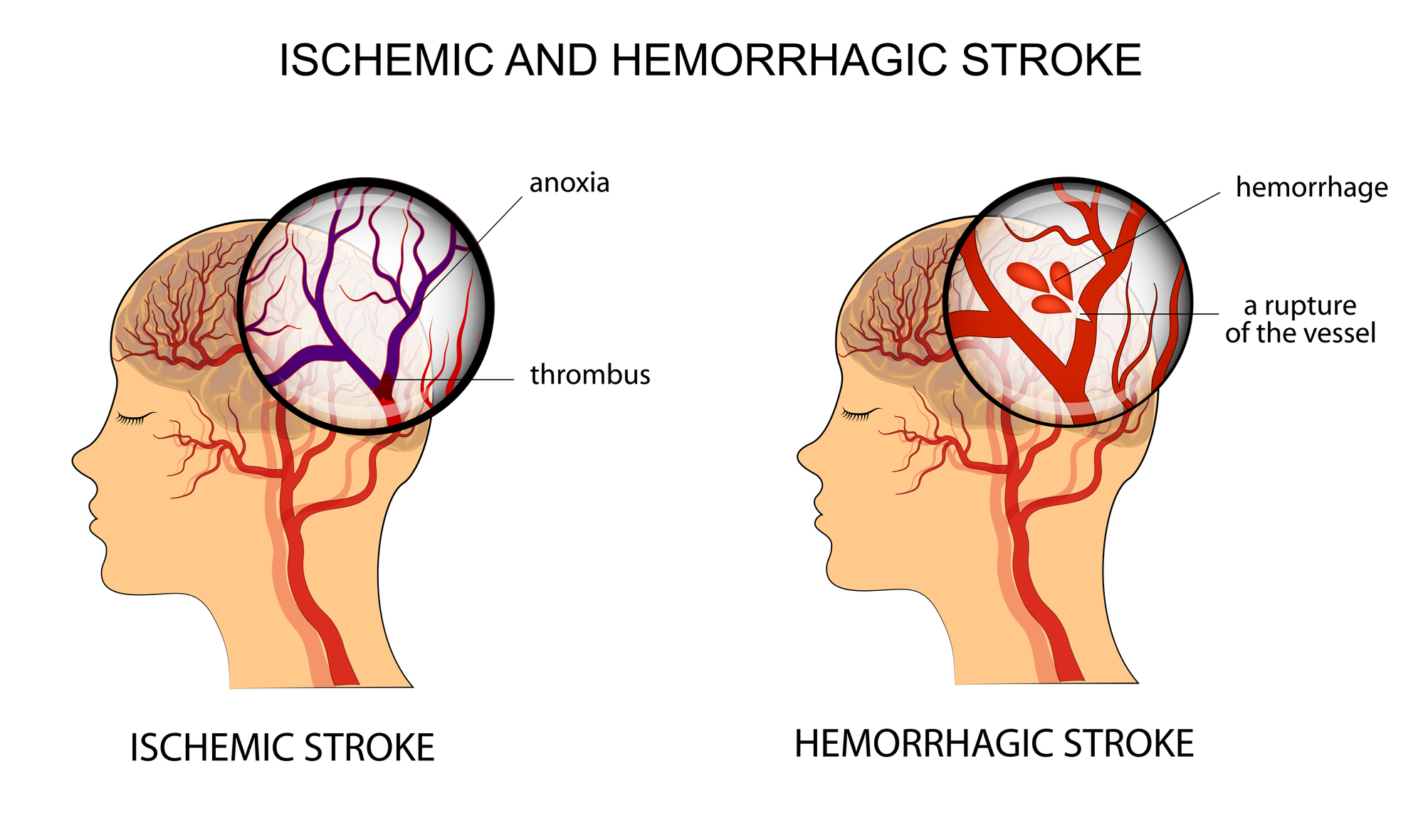Stroke Prevention
What is a Stroke?
Stroke affects hundreds of thousands of Americans each year. Sadly, it is the fifth leading cause of death in the United States and the leading cause of long-term disability.
It is a serious disease that impacts the flow of oxygen and nutrients to the brain. Strokes cause brain tissue to die, which can lead to brain damage, long-term health complications and, in the worst of cases, death.

There are two different types of stroke:
- Ischemic stroke: occurs when a blood vessel in the brain is blocked
- Hemorrhagic stroke: occurs when a blood vessel in the brain bursts
Some people may experience a Transient Ischemic Attack (commonly referred to as a mini-stroke). This is a temporary blockage of blood flowing to the brain. The symptoms can be the same as a stroke, yet usually only last less than 24 hours. This is a serious condition and can be a warning sign that a full-blown stroke is to come.
By understanding the signs of stroke, you can increase your chances of recovering from the disease. And by making healthy lifestyle choices, you can reduce your risk of stroke.
What are the signs of a stroke?
To quickly recognize the signs of a stroke our team remembers to BE FAST.
Balance. Is there a loss of balance, headache or dizziness?
Eyes. Are they experiencing blurred vision?
Face. Is one side drooping? Ask the person to smile.
Arms. Is there weakness in their arms? Ask the person to raise both arms for 10 seconds and see if you notice one arm drifting downward.
Speech. Are they having trouble speaking? Ask the person to repeat a simple sentence and listen for slurring.
Time. If you observe even just one of these signs, call 911 immediately!

Are you at Risk for Stroke?
It is important to recognize stroke can strike anyone at any time. Fortunately, there are steps all of us can take to reduce our risk:
- Make healthy food choices and limit sodium in your diet.
- Exercise on a regular basis.
- Maintain a healthy weight.
- Keep your blood pressure, blood sugar & cholesterol levels within the normal range.
- Do not smoke. If you do, quit.
- Limit alcohol use.
- If you have heart disease or diabetes, work with a doctor to treat it.
There are risk factors that cannot be changed. As we get older, the chances of stroke increase. Women are more likely than men to have a stroke. Once you’ve experienced a stroke, you are at greater risk of having another. Additionally, our ethnic backgrounds can play a role in our chance of stroke.
Leading a healthy lifestyle is your strongest prevention against stroke.
Join our Stroke Survivor Support Group
Recovery from a stroke can be a long and ongoing process. The journey doesn’t end when patients are discharged from the hospital. In fact, many patients undergo months or years of therapy to regain their speech, mobility and cognitive abilities.
To support patients, their families and caregivers throughout the recovery process Idaho Falls Community Hospital is proud to offer a monthly support group for stroke survivors.
Second Tuesday of the Month
5:00pm - 6:30pm
Meetings are held in the Park View conference room, located in Idaho Falls Community Hospital or online via Zoom.
Helpful Resources








